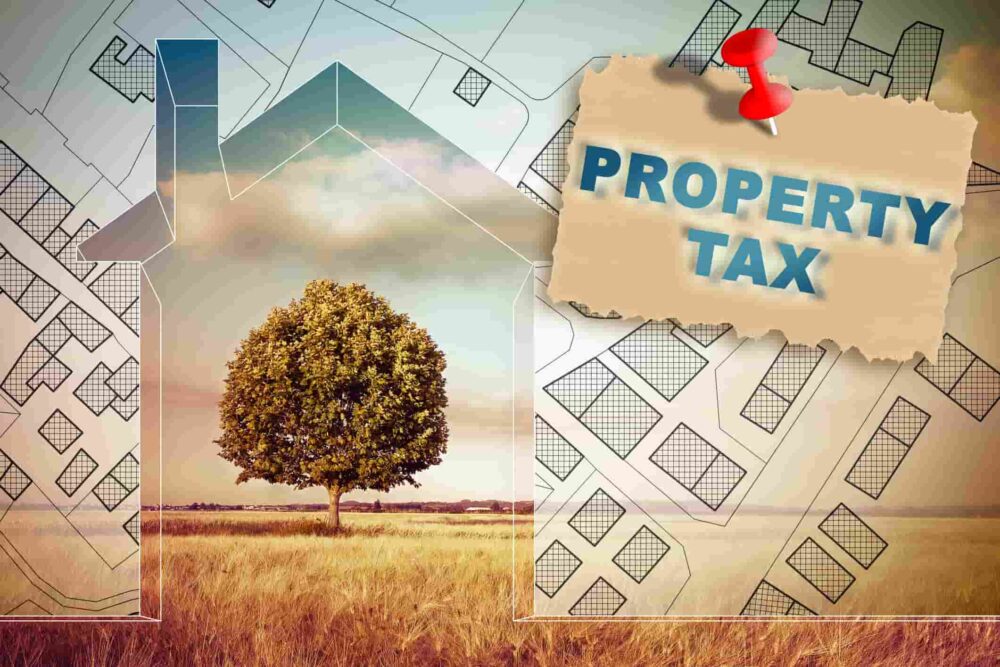Buying property overseas can be an attractive opportunity for American investors to generate additional income.
However, navigating the complexities of foreign rental income tax and foreign rental property depreciation rules can be challenging without the right knowledge and guidance.
Therefore, it is crucial to understand the overseas rental income tax implications and the concept of depreciation when it comes to owning and renting out properties abroad.
In this comprehensive guide, we will delve into the intricacies of foreign rental income tax calculation and foreign rental property depreciation, providing American investors with a clear understanding of the key concepts and important considerations.










